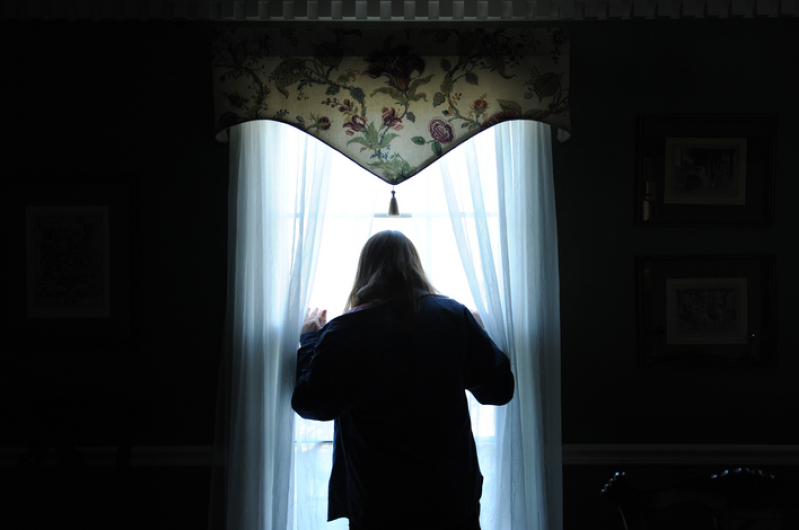
People who toil away in physically demanding jobs may find that aches and pains follow them into retirement, limiting daily activities in their golden years, a study from France suggests.
Men who had strenuous jobs during their working years were 70 percent more likely to experience at least some daily limitations during retirement than their peers who had not had physically demanding careers, the study found.
Women who did arduous work were 60 percent more likely to endure limitations during retirement, the research team reports in the journal Occupational and Environmental Medicine.
"Difficult working conditions and especially biomechanical exposures during the working life are associated with pain and other negative outcomes after retirement," lead study author Dr. Alexis Descatha of the French Institute of Health and Medical Research and Versailles St-Quentin University in Garches said by email. "Prevention of bad aging starts by improving working conditions."
To assess how physically demanding work might influence life in retirement, Descatha and colleagues began by reviewing survey data collected starting in 1989 from about 15,000 employees of the national gas and electric companies.
About 20 percent of men and 22 percent of women reported at least some physical limitations in their daily lives in 1989. Men at the time ranged in age from 41 to 50 years old and women were 36 to 50.
About 11,500 participants were followed until 2012, when they were 66 years old on average. Typically, they had retired around age 55.
Among those who remained with the study through the end, about 9,300 had reported no limitations in their daily lives back in 1989.
Generally, the participants who stuck with the surveys were healthier, older and reported fewer limitations and less strenuous work at the start of the study.
By the end of the study, 12 percent of men and 13 percent of women who had no physical difficulties in 1989 did report physical limitations. They were much more likely to do so if they had more often reported arduous labor in surveys during the intervening years.
One limitation of the study, the authors concede, is that it's possible underlying limitations may have made workers more likely to report that their jobs were physically demanding. Stronger, healthier workers might not find arduous labor as demanding as their counterparts suffering from chronic diseases or other medical problems, for example, and then these people might also suffer fewer limitations in retirement.
"A part of the results may be due to pre-retirement poor health that is not necessarily due to working conditions but due to other poor living conditions and health behavior, such as heavy smoking and drinking, low physical activity and obesity," noted Ossi Rahkonen, a public health researcher at the University of Helsinki in Finland who wasn't involved in the study.
"These employees may also perceive their work arduous and their functioning poor after retirement," Rahkonen, added by email.
Even so, the study adds to a growing body of evidence linking work that's too physically demanding over too long a period of time to poor health outcomes in retirement, Rahkonen said.
"The association between arduous work and subsequent poor functioning and health has been previously reported but this study with repeated measures over the working career confirms the results and convinces us there is an association," Rahkonen concluded.






